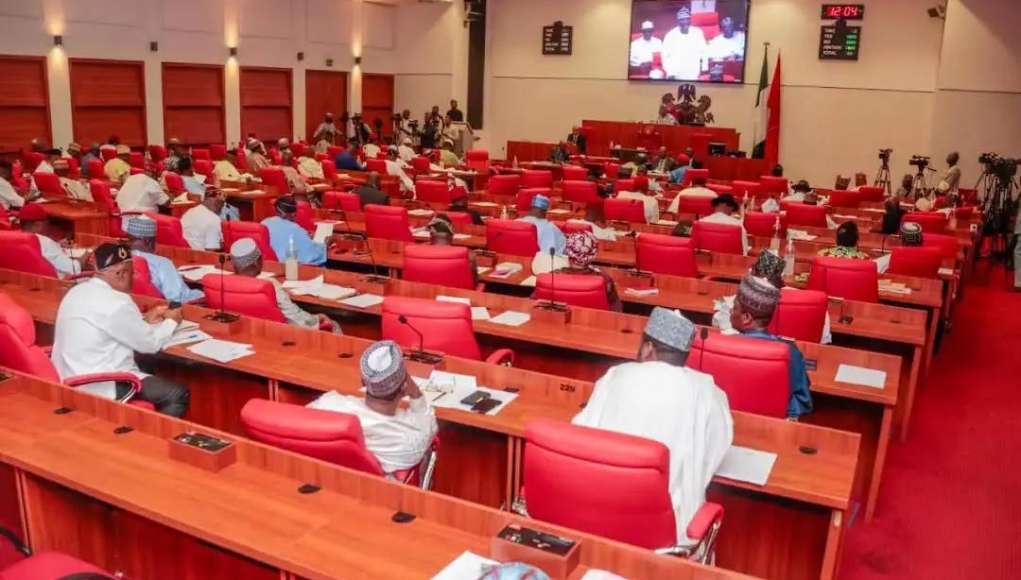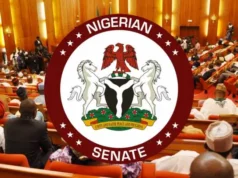The Senate Committee on Capital Market & Institutions has cautioned against the potential risks of utilizing laundered funds for the recapitalization of banks.
The Chairman of the Committee, Senator Osita Izunazo, during the 2nd Quarter Symposium organized by the Association of Capital Market Academics of Nigeria (ACMAN), urged the Central Bank of Nigeria (CBN) to intensify efforts in ensuring that only legitimate sources of capital are used in the process.
According to him, “The recapitalisation programme comes with unique risks especially when banks opt for the private placement route. The CBN should intensify efforts to ensure that laundered funds are not used to recapitalize the banks and that only fit and proper persons end up as significant shareholders,” underscoring the importance of maintaining the integrity of the banking system.
Izunazo stressed that such risks are mitigated when banks opt for capital raising through the stock market, which provides an additional layer of scrutiny in addition to that being carried out by the CBN.
The senator expressed confidence in the resilience of the Nigerian capital market to meet the funding needs of banks undergoing recapitalization.
He stated “I am convinced that the Nigerian capital market has the depth and breadth to meet the funding needs of all the banks that will eventually approach the market for fresh capital during the two-year period of the recapitalization programme.”
Izunazo further highlighted the nexus between the money and capital markets, emphasizing the potential positive impact of a successful recapitalization program on the broader financial landscape.
On his part, the President/Chairman of Council of the Chartered Institute of Bankers of Nigeria (CIBN), Ken Opara, lauded the objective of the CBN to enhance the banking industry’s resilience and rebuild an economy grappling with high inflation and currency instability.
He added that “The Apex Bank estimates that the recapitalization process will support achieving a $1 trillion economy by 2030.”
Opara said that past recapitalization exercises had significant impacts including the increase in total bank lending and the reduction of non-performing loans (NPLs) to total loans ratio and in stabilizing financial systems during crises.










